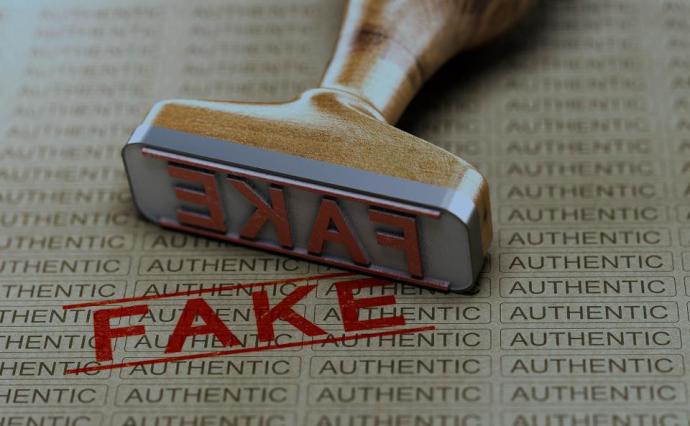
The new study found that Europeans are becoming increasingly conscious of the risks associated with buying counterfeit goods and accessing content from illegal sources. According to the study, 80 % of Europeans believe that criminal organizations are behind counterfeit products and acknowledge that such purchases harm businesses and employment. Moreover, 83 % think that buying counterfeits supports unethical behavior, and two-thirds recognise the potential threats to health, safety, and the environment. When it comes to digital piracy, 82 % agree that accessing content illegally poses risks such as scams and exposure to inappropriate content for minors.
Despite these findings, the study reveals a disconnect between awareness and behaviour. One in three Europeans (31 %) finds it acceptable to buy counterfeit products if the price of the genuine product is too high. Among younger consumers aged 15-24, this figure jumps to 50 %.
In the past year, 13 % of Europeans admit to having intentionally purchased counterfeits. This figure is substantially higher among those aged 15-24, at 26 %, but falls to 6 % for those aged 55-64 and below 5 % for individuals over 65. The study also highlights variations among countries, with Bulgaria leading in the intentional purchase of counterfeits at 24 %, followed by Spain (20 %), Ireland (19 %), Luxembourg (19 %), and Romania (18 %).
One major deterrent to buying counterfeit products is price. A more affordable price for original products is cited by 43 % as the top reason for refraining from buying fakes. The risk of poor quality (27 %), safety concerns (25 %), and legal repercussions (21 %) also play a role.
The study reveals uncertainty among consumers regarding the authenticity of products. Nearly 40 % have doubted the authenticity of a product they bought, with disparities among EU Member States. In Romania, 72 % of consumers have had such doubts, compared to 26 % in Denmark and the Netherlands.
Additionally, 41 % of Europeans are uncertain about the legality of the sources they use for online content. Despite this, 80 % prefer to use legal sources if they are affordable. Notably, 65 % consider it acceptable to engage in piracy if content is not available through their subscriptions.
Read the full article here.
Download the full report here.
